The world needs the Global Goals to become a reality, but everyone has different priorities among the 17 goals. When you think about which goals matter the most to you, what are the reasons? And how do these reasons stack up against those of other people? One research group wanted to find out. Afrobarometer, asked the question: what development issues do Africans care the most about? The survey asked nearly 60,000 African citizens from 32 countries what their top goals were.
Here are their findings:
1) Education
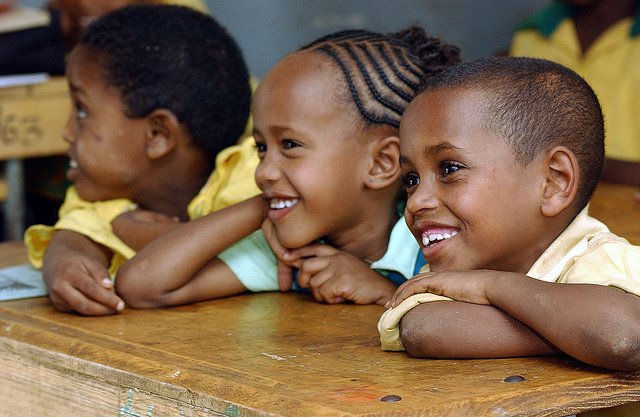
36 percent of citizens surveyed ranked education as a top priority, surpassing all other priorities for Africans. It was voted as the most cared about, and considered the best place to spend government money. African youth (ages 18-25) care a little more about education than Africans older than age 66 by 14 percent. Also, the more education African citizens have, the more they care about education.
2) Health
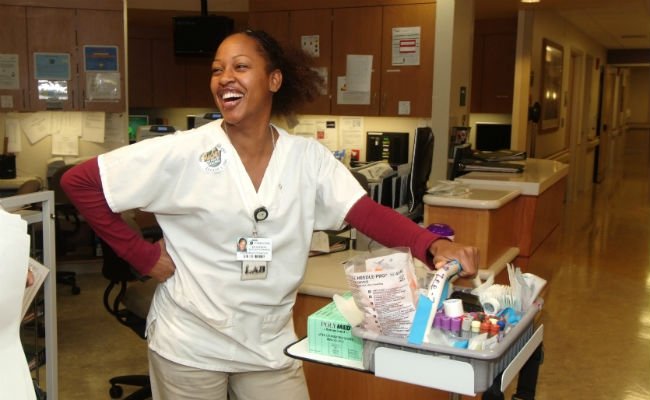
The next major area Africans want to see spending go is healthcare, which is Global Goal number 3! It came in close to number 1, with 50 percent of respondents ranking it a 1st or 2nd priority. One of the most interesting findings about the desire for healthcare is that there is no difference among urban and rural communities. Both 21 percent of rural and urban regions rated health as their number one priority. The big difference the study found? Women see health as a bigger priority than men do.
3) Agriculture
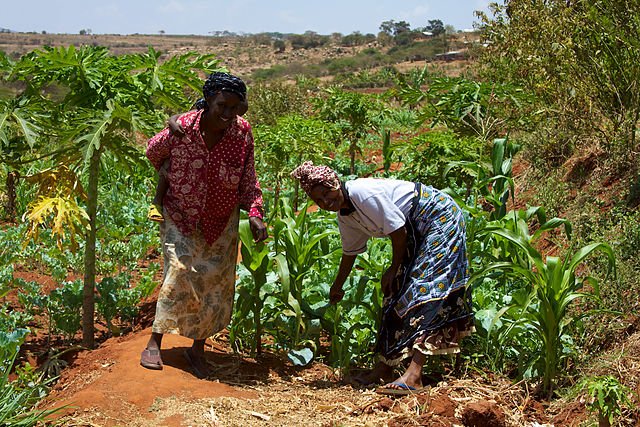
It may not come as much surprise that Africans living in rural areas care more about agriculture than Africans living in, say, the center of Cape Town. The importance of agricultural development matters more to older African citizens than youth as well. Which could be because African youth are less interested in taking over farms than they are in going to work in urban environments, which offer a wider range of opportunities for employment. However, unemployment is a major concern among Africans as you’ll learn about soon.
4) Infrastructure
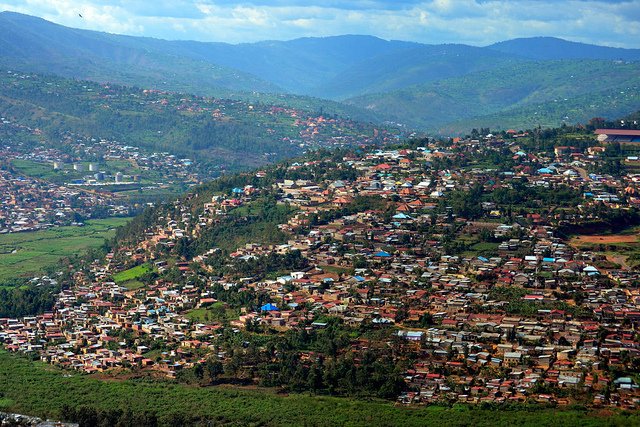
How are you going to get your veggies, fruits, and grains to market without a road? Or of even more concern, how will you sell produce without a market in place? These are some of the reasons Africans living in rural regions, where agriculture has higher importance, say they care about infrastructure more than those in urban settings. As a top priority, agriculture and infrastructure are tied, but 4 percent less Africans ranked infrastructure as a second development priority. Men also care more about agriculture and infrastructure than women said they did.
5) Security
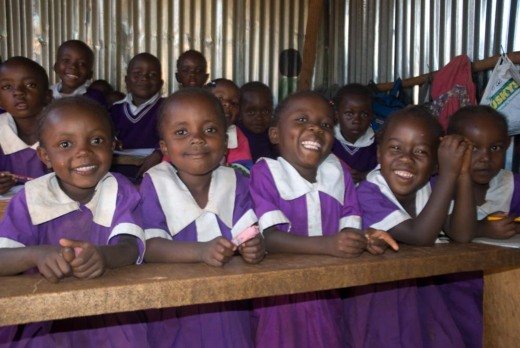
Security is the most important issue in Kenya, Nigeria, and Tunisia, but didn’t make the cut as a top priority in countries where agriculture topped the list such as Malawi. Also, citizens with less concern about meeting basic needs such as food, water, and health were more concerned about security as a main priority.
6) Access to energy
 Algeria unveils renewable energy strategy
Algeria unveils renewable energy strategy
While not a top issue, energy concerns are still present throughout the continent. Lesotho happened to care the most about access to energy. Access to consistent reliable and especially renewable energy is something developing countries need.
7) Unemployment
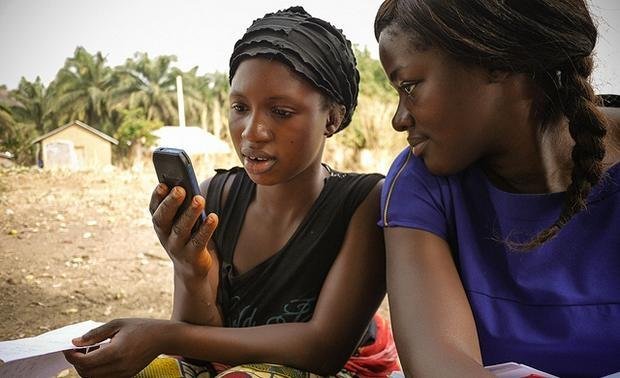
Among concerns for African citizens, unemployment was by far the largest. 37 percent of citizens said unemployment was their biggest concern. The average unemployment rate (which is measured by cash income) across countries surveyed is 23 percent, which is a little different than how the World Bank might measure it. If a person has a job but doesn’t get paid in cash, they’re considered unemployed in this survey--which is a fair marker, especially if the resources supplied by that job are inadequate to live on.
8) Access to clean water
 A young girl fetches water into a bottle
A young girl fetches water into a bottle
Clean water is the second largest concern among Africans, but depends a great deal on region. 60 percent of citizens in Burkina Faso rated water supply their top concern. Water supply as a priority was a much bigger concern for those living in high poverty areas.
9) Poverty
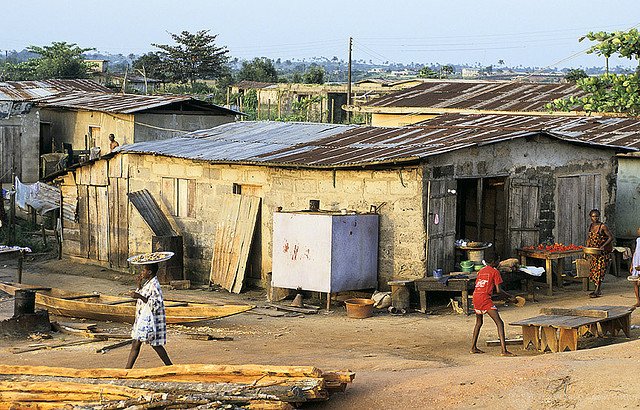
Understanding what creates poverty is a complex issue, and lack of access to many of the resources mentioned in this article contribute to poverty. So what does it mean when Africans citizens say poverty is their biggest concern? In this case, it means 20 percent of citizens asked, “what is the most important issue facing your country that the government should address?” responded by saying poverty--living with not enough income or resources to take care of yourself for family--was the biggest concern the government needs to deal with. In Burundi, 40 percent of Africans said poverty is their main concern.
10) Food security
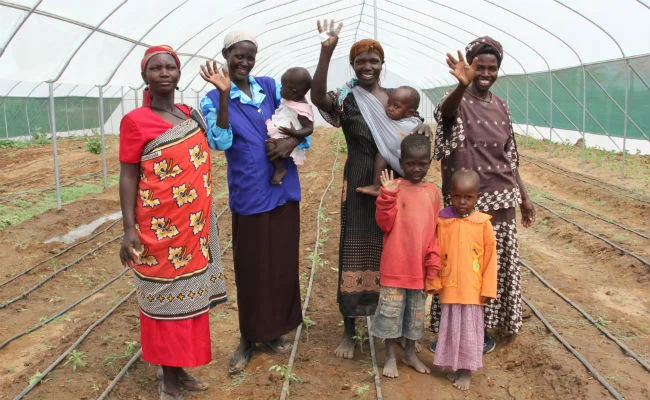
Food shortage and famine concerns varied greatly between countries. Countries like Malawi, Niger, and Mali that face serious food shortages due to extreme droughts, the issue of famine and food security are common.
What can the world learn from studies like this one?
The importance of listening a local level before making policy decisions cannot be understated. Respondents echoed this belief over and over again.
Governments, grassroots organizations and world leaders should know that many factors matter when considering top priorities and listening to the concerns of African citizens. Age, for instance, matters. Young people want jobs and education, older people want healthcare and agricultural development according to the study. And you can drill much further down than that.
Now that you know which development issues Africans care most about, let me know what your top issues are in the comments section below.
Also, go to TAKE ACTION NOW and make sure education is made a priority for development agendas around the world by lending your voice to support the 62 million girls not in school.